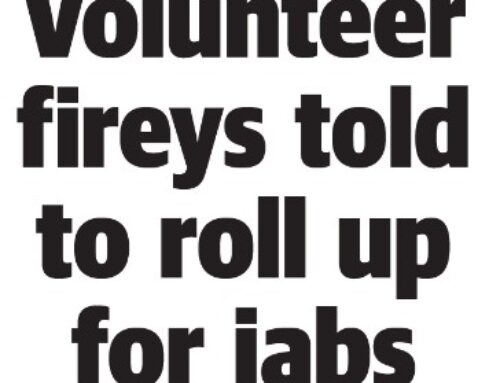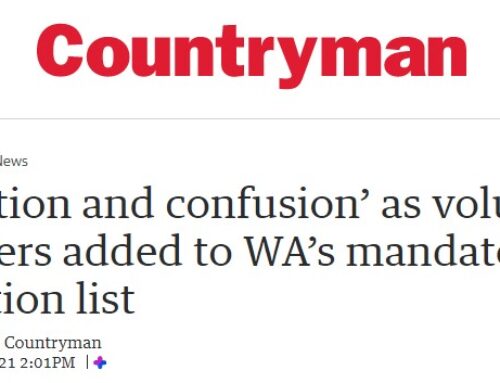Below is another excellent article from Michael Eburn’s Australian Emergency Law website.
While the legal action summarised in this article was in NSW, it might give some insight into why “Employee benefits” for WA’s 1,719 paid fire and emergency services employees is budgeted to be a quarter of a billion dollars this year – more than half of the $405,000,000 Emergency Services Levy (ESL) collected.
In March 2017 heavy flooding in the Northern Rivers area of New South Wales led to the deployment of firefighters to assist in emergency rescue work. The Fire Brigade Employees’ Union of NSW (“the Union”) alleged that the employed firefighters were eligible to be paid overtime for the entire period of their deployment. The matter was heard in the industrial courts before ending in the NSW Court of Appeal – Industrial Relations Secretary v Fire Brigade Employees’ Union of New South Wales [2020] NSWCA 46.
The issue before the court was described by Basten JA (at [1]):
In March and April 2017 firefighters from other parts of New South Wales were deployed to Lismore to assist in rescue work resulting from heavy flooding. Teams were deployed for periods of four or five days. The firefighters were paid various allowances and overtime calculated by reference to the hours they were at work, but excluding night time when they were directed to rest. The respondent union brought proceedings in the Local Court against their employer, asserting that the firefighters were entitled to be paid at overtime rates for the full period of their deployment.
The application was dismissed by the Chief Industrial Magistrate. An appeal to the Supreme Court was allowed, finding in favour of the union. The respondent appealed to the Court of Appeal.
At [22] Basten JA said:
At the heart of the Union’s case was the proposition that the Secretary had no power to stand a firefighter down whilst on deployment away from his or her base and therefore that person was “on duty” throughout the period of absence from the base.
His Honour noted that the relevant award provided for the payment of travelling allowance, accommodation and incidental expenses when a firefighter was required to travel away from work. At [26]-[27] he said:
These provisions are, as the Secretary submitted, inconsistent with the conclusion that any deployment away from the location to which the employee is “permanently attached” constitutes an unbroken period of “on duty” employment throughout the period of absence.
It follows that, whilst the firefighter is deployed away from his or her usual station, he or she must be paid in accordance with a usual roster, or an alternative agreed roster; overtime may be worked, at the direction or with the approval of the Secretary. It therefore follows that the Secretary has power to put an end to a particular period of duty (outside rostered hours) by standing the employee down.
Leeming JA said (at [44]):
In this Court, the respondent [the Fire Brigade Employees’ Union] maintained that there was no power to direct an employee to cease to be on duty unless and until the employee returned to his or her home station or muster-point. I do not accept that submission.
White JA said (at [110]-[111]):
The Union submitted that overtime would be payable from the time the firefighter clocked in at the muster point and returned to the muster point. But on its construction, the muster point was not a relevant point for determining when a firefighter came on duty or ceased to be on duty. On the Union’s submission the time when a firefighter came on and left duty was determined by his reporting to his station. On the Union’s case, properly analysed, a firefighter would remain on duty and be entitled to overtime for 24 hours a day, until he returned to his station. This could be days after he returned from his deployment.
Fire and Rescue NSW’s construction of the Award should be accepted. If the deployed firefighters were dismissed from duty at times during their deployment, overtime was not payable. Whether they were so dismissed from duty during their deployment was a question of fact.
Discussion
Firefighters may be away from home for several days during these deployments but even though they are away at the request of their employer and even in accommodation arranged by their employer they are not ‘on duty’ for the entire time of their deployment. The employer (FRNSW) can stand them down, ie send them to their motel or other accommodation, and during that time they are not at work. They return to work when they return to whatever station or place they are asked to report to and the clock on their shift and their eligibility for overtime starts again at that time.





